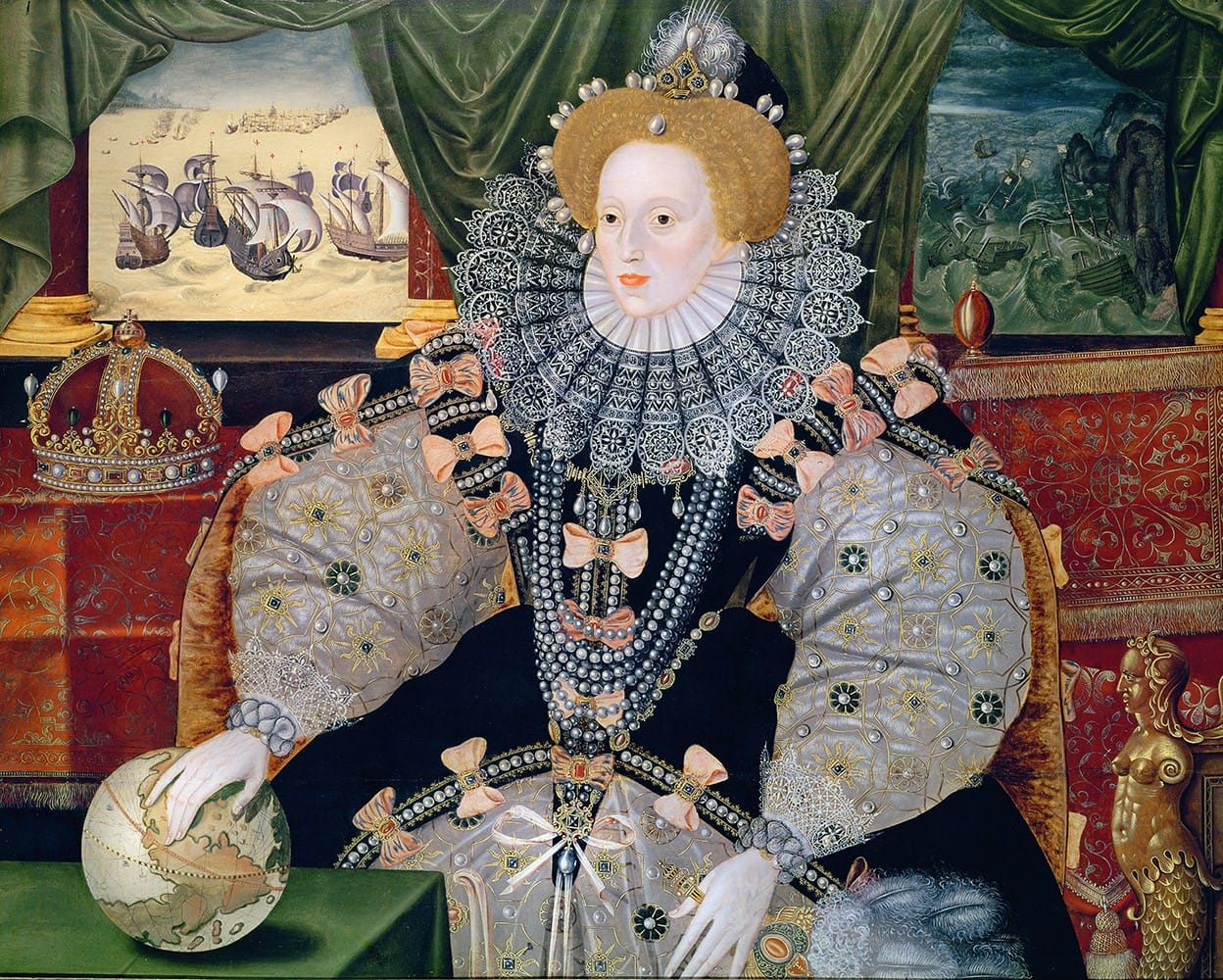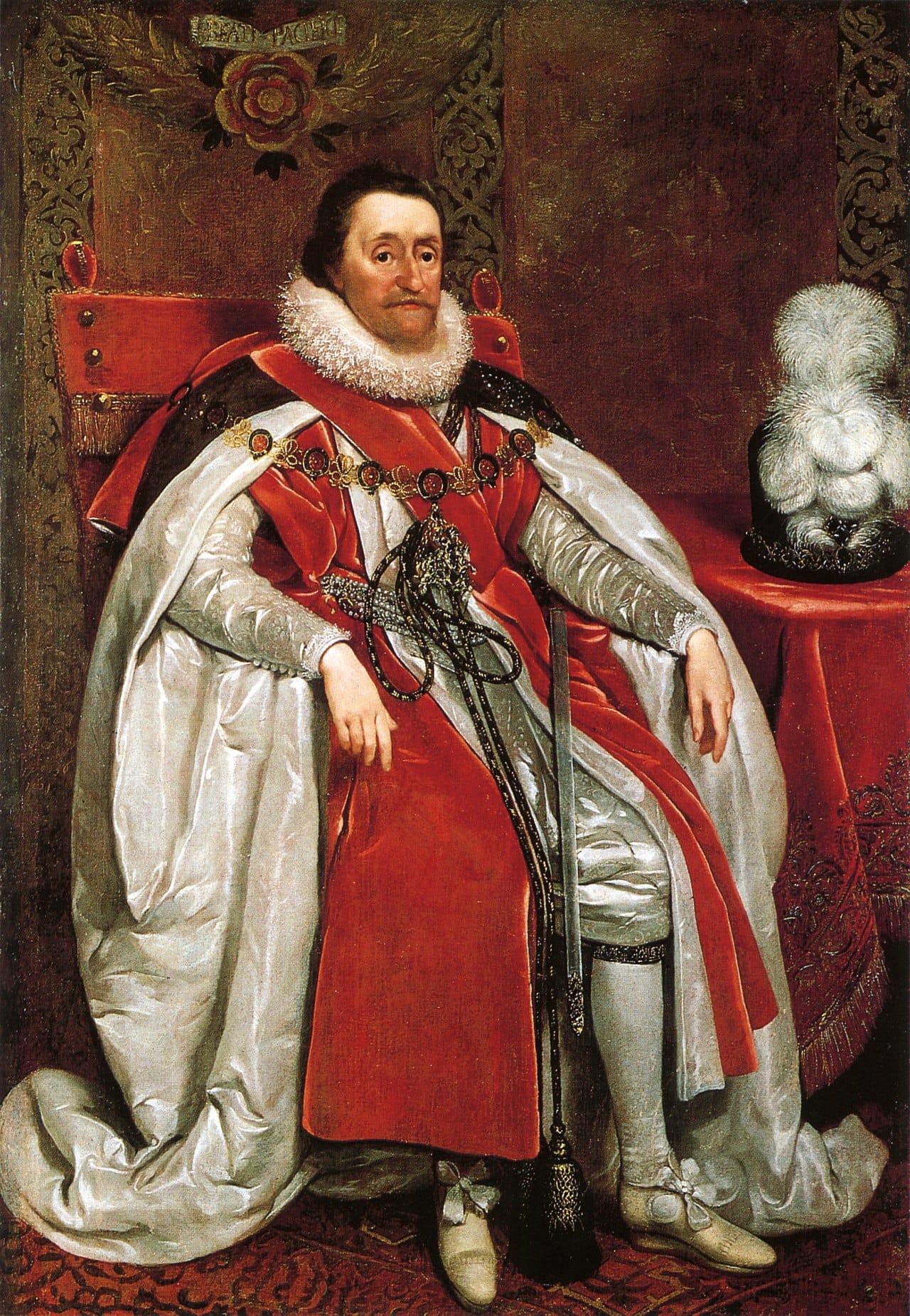Calvin's Case? REALLY?
Okay - I know that I don't have a spiffy tenure-track position at a law school somewhere, but that's okay. I don't want one and I'm a historian, not a lawyer.*
Usually, historians and lawyers understand that there's a lot to learn from each other regarding approaches to historical documents/laws and what they meant for people living at their creation and implementation and what they mean now.
This is not that.
A recent Op-Ed in the New York Times (some kind soul, not me, shared a gift link. Do I recommend reading it, or anything from the New York Times? No, I do not.) In it, some people who are employed to do law stuff attempt to do historian stuff and fail. Spectacularly.
One of the most important things that a historian must do in any given study is to establish context. That's what was going on at the time that the event/person/thing happened and can help explain how it occurred, why it happened, and why it's important.
That is exactly what these esteemed law professors DO NOT do.
In this horrific article, they're trying to justify taking away birthright citizenship rights in the United States of America in the year of our lord 2025 because they don't like the 14th Amendment (one of the Reconstruction amendments and the one that guaranteed that exact thing, meant originally to give citizenship status to all formerly enslaved peoples but then was interpreted to also cover the children of immigrants in the case of US v Wong Kim Ark).
One of the cases that they quote to defend their reprehensible position? A case from 1608 (as in, you know, long before the United States of America was... well, a country.) That case is Calvin's Case - brought before the Exchequer Chamber (a court level that one could appeal to after their case was heard either by the King's Bench or the Court of the Exchequer, and then could be appealed to the Parliamentary House of Lords). Now, they do mention that Calvin's Case was indeed from 1608. So they get points for literally doing just barely the minimum of context. But from there, they try to twist the history to what they want it to do being 'correct' (and cherry-picking what they say) - instead of being... well, right.

What they're trying to do is say something along the lines of if someone from, I don't know, Spain (who England wasn't horribly mad at at this time) came to England and had a business and lived there for a bit and was like, KING JAMES IS THE BEST KING I LIKE HIM, and then had a kid in London with his Spanish wife, then that kid would be English, not Spanish.
Nope.
That's not how that would work AT ALL. That kid would be a Spanish subject, not an English one. Just because they were born in England to foreign parents who followed local laws, that wouldn't necessarily mean that they were English. Allegiance wouldn't matter. If they had an English parent, the case could be made, but that is an entirely different situation. This is also why Virginia Dare, who was the first person of English descent born in North America, was considered English, not American - she was born of English parents in an English territory. Sure, it wasn't England but it was land that the English considered theirs (which did NOT end well for Roanoke).
The context that they're missing is that Calvin's Case wasn't argued for everyone who was born in a foreign land and came to England to pledge allegiance to the English king. Calvin's Case only worked for people born in Scotland after 1603 to have grounds to be also an English subject. To reiterate - Calvin's Case wasn't for just ANY foreigner. It was ONLY for Scottish people.
This is for a very, very understandable reason.
After 1603, England and Scotland's king was literally the same person. One king for both realms. His name was James. In Scotland, he became king of Scots when he was a baby after the forced abdication of his mother, Mary, Queen of Scots (she was only 6 days old when she became Queen of Scots, James was a year old when he became king). So, lots of people who were born in Scotland after 1567 and before 1603 were, naturally, subjects of the Scottish crown. And they stayed that way.

But in 1603, something really weird happened. The ruler of England, Elizabeth I, who was the last of the Tudors and had ruled since 1558, died. She, famously, never married and had no children.

Here's the thing - she was related to James. Her aunt Margaret (Henry VIII's older sister) had married James IV of Scotland. They had a baby who became James V of Scotland. James V married Marie d'Guise and they had Mary, Queen of Scots, who was James VI's mother. So while it was a semi-distant blood tie, James (a Protestant) did have the blood of Henry VII running through his veins, so he was an acceptable choice. He also had been king in Scotland for a while and had done his best to suck up to Elizabeth so she'd choose him to be king after she died. She did.
After she died, James VI of Scotland also became James I of England.

Calvin's Case hinges on the fact that James was king of both realms. Just because he became king of England didn't mean that he stopped being king of Scots. He just got to add more titles to his name. So anyone who was born in Scotland after James ascended the throne of England technically was a subject of the English king, as well as the Scottish one. An early form of dual-citizenship. Of course, they weren't citizens, they were subjects, and there's a marked difference in what that means.
In the general American understanding, kings of the past – any past – have ultimate power over their subjects. Subjects. Not citizens. Two very, very different ways to think about the vast majority of people who inhabit a nation. One group are expected to obey the whims of a singular individual (and that individual’s representatives). The other is tasked with a sacred duty to be informed enough to be able to rule themselves (it’s where the ‘of the people, by the people, and for the people’ comes from in Lincoln’s Gettysburg Address). In a monarchy, the government answers to the monarch. In a democracy or republic, the government answers to the people.
The people in Calvin's Case weren't citizens - they were subjects, and so they didn't have to swear allegiance to England to be English, they just had to show fealty to their king, James (and then later Charles I, Charles II, James II, etc).
The people in the US are, at least for the moment, still considered citizens. A citizen does not swear fealty to an individual person - they show allegiance to a country. What this administration is trying to do is to revoke the idea that citizens are loyal to the United States of America as a nation and are instead to swear fealty to the president, only allowing 'desirable' individuals to do so (they may not have said it yet, but it's coming). Unluckily for them, and for the lawyers from the article, the 14th Amendment's text is crystal clear.
Section 1. All persons born or naturalized in the United States, and subject to the jurisdiction thereof, are citizens of the United States and of the State wherein they reside. No State shall make or enforce any law which shall abridge the privileges or immunities of citizens of the United States; nor shall any State deprive any person of life, liberty, or property, without due process of law; nor deny to any person within its jurisdiction the equal protection of the laws.
Emphasis mine.
So while the Constitution is the charter upon which the foundation of our country rests - that is what it says. Regardless of whatever the hell English Common Law states, the 14th Amendment secures the right for all persons born or naturalized to the country to citizenship. If we are going to use English Common Law to define our legal system, then at least we can keep access to birthright citizenship.
According to gov.uk:
You were born on or after 1 July 2006
- You’re automatically a British citizen if, when you were born, one of your parents was a British citizen or settled in the UK.
- You can register to become a British citizen if, when you were born, neither of your parents were British citizens or settled in the UK.
- You must not have spent more than 90 days outside the UK in each of the first 10 years of your life.
- Explain on the form if there are special reasons that you spent more time outside the UK.
Emphasis mine.
"A republic, if you can keep it." Indeed.
*While the majority of my published research focuses on queens, gender, and theatre in Western Europe, I regularly teach US history and did one of my comprehensive exam fields explicitly focusing on the intersections of race, gender, and citizenship in American history.

